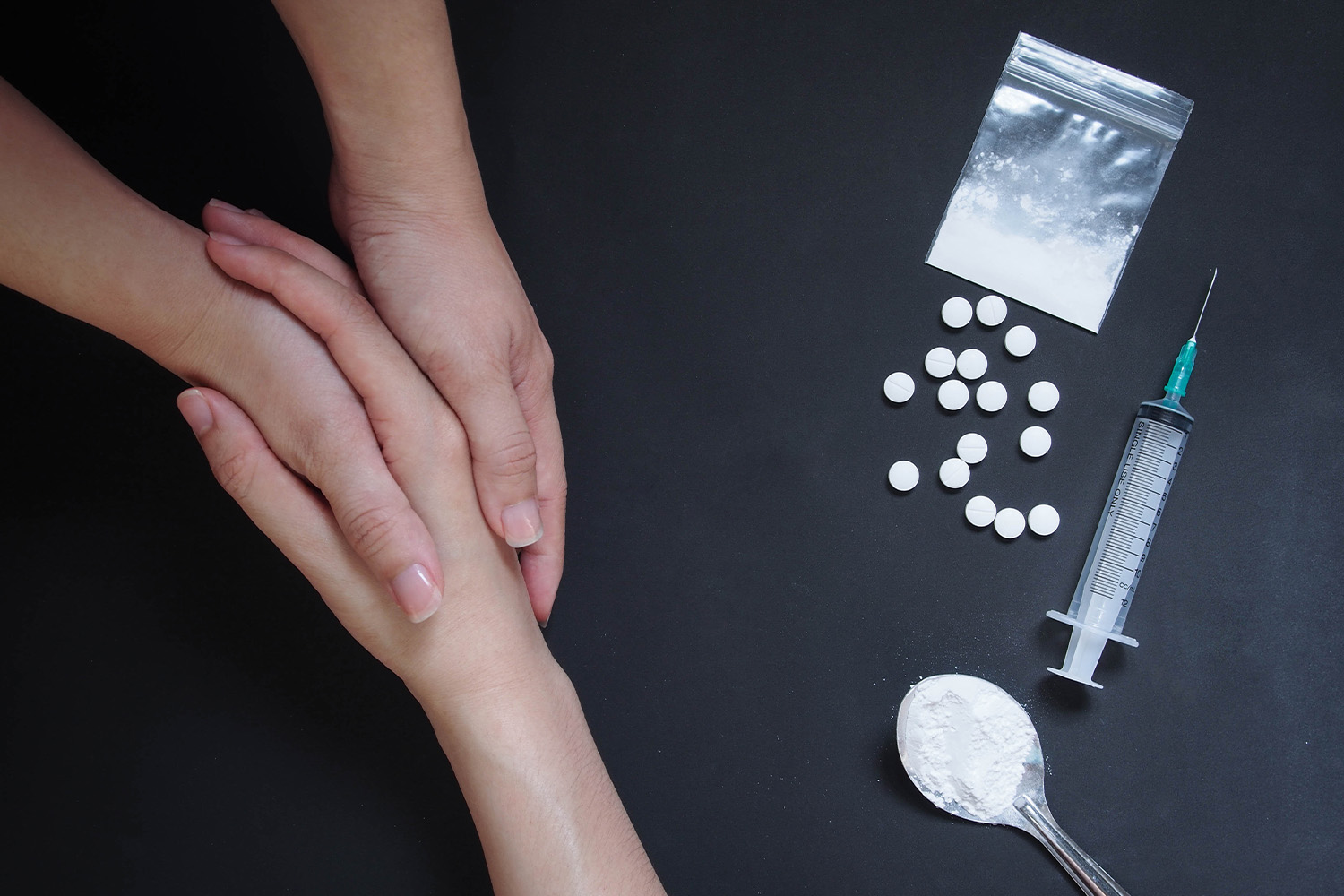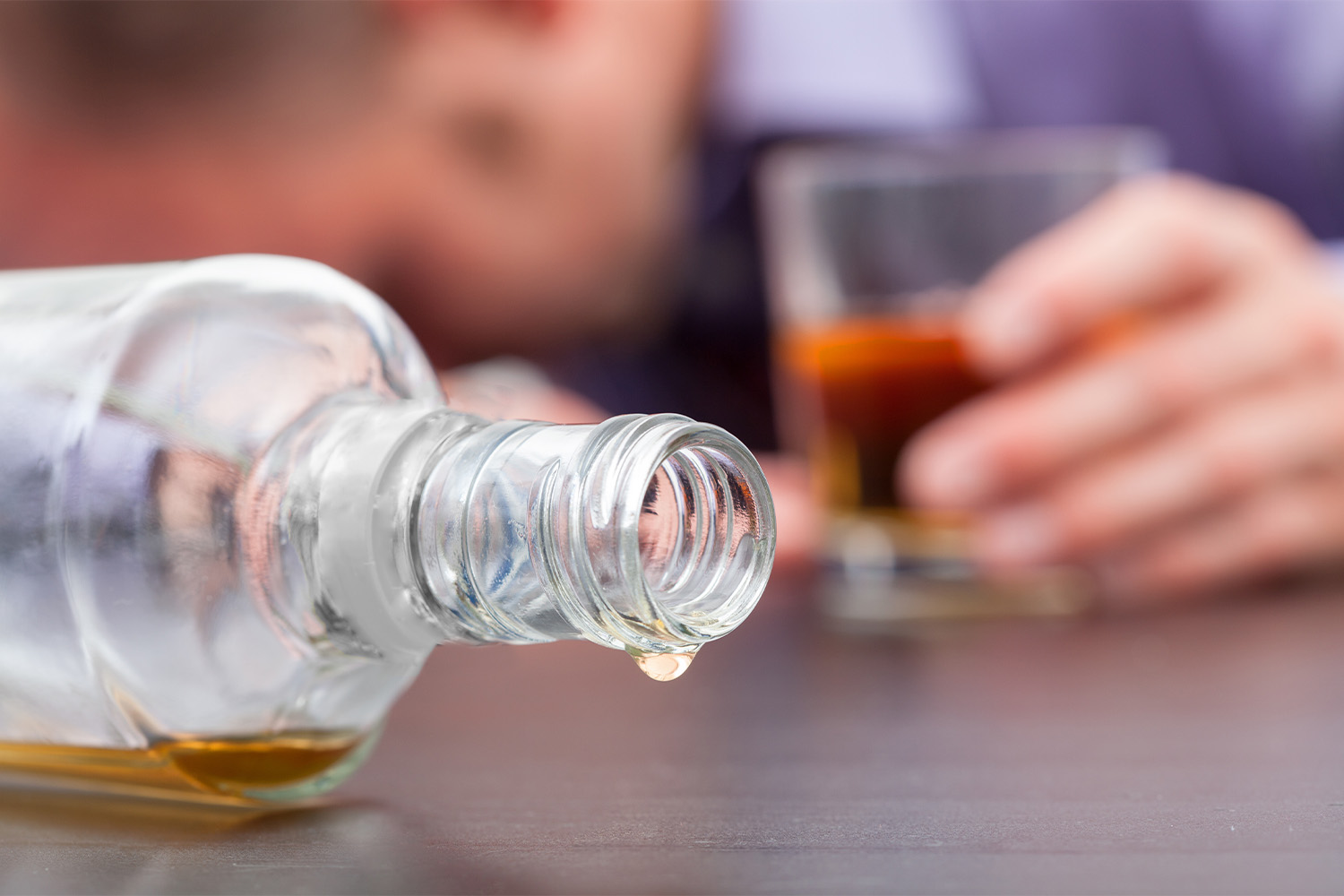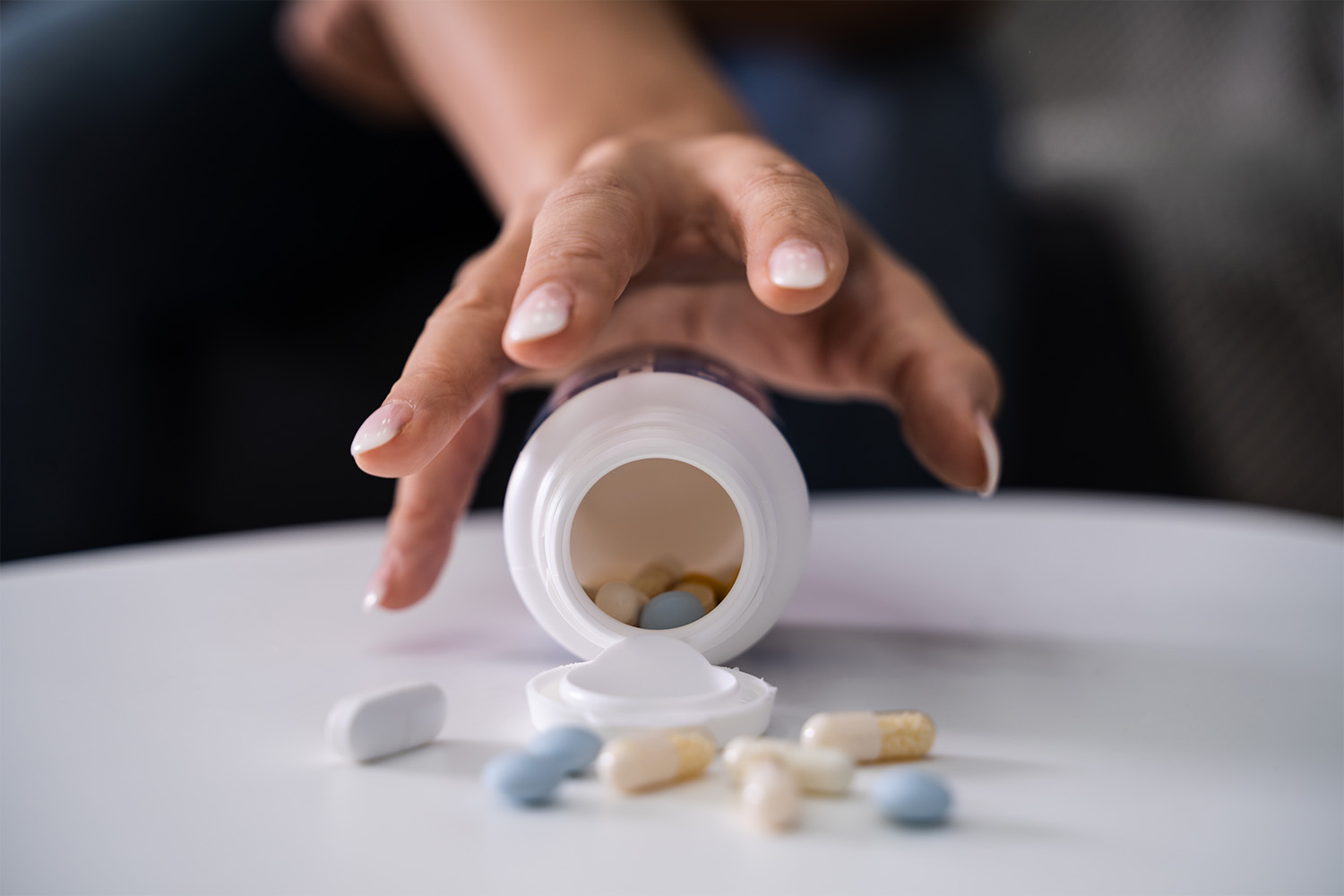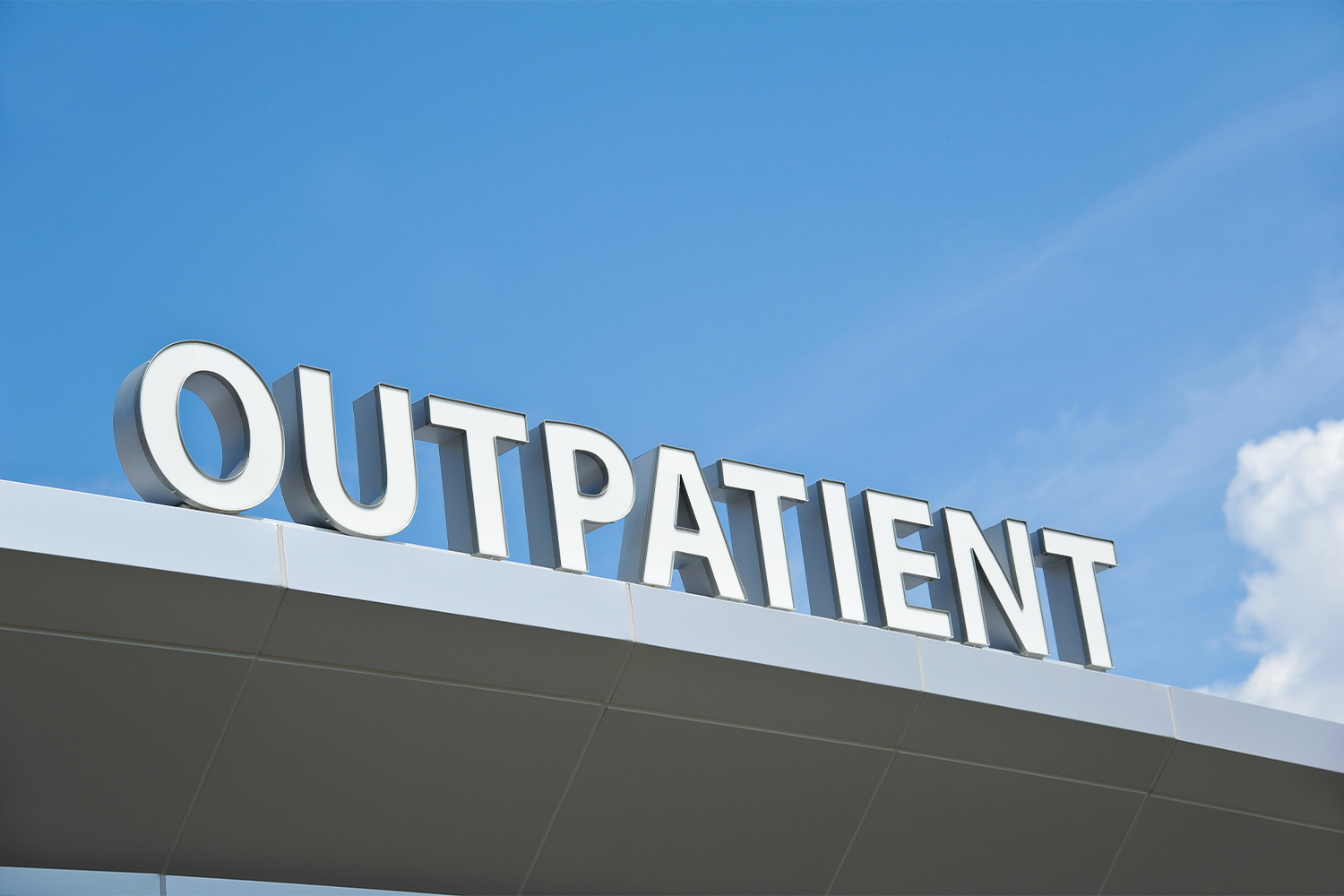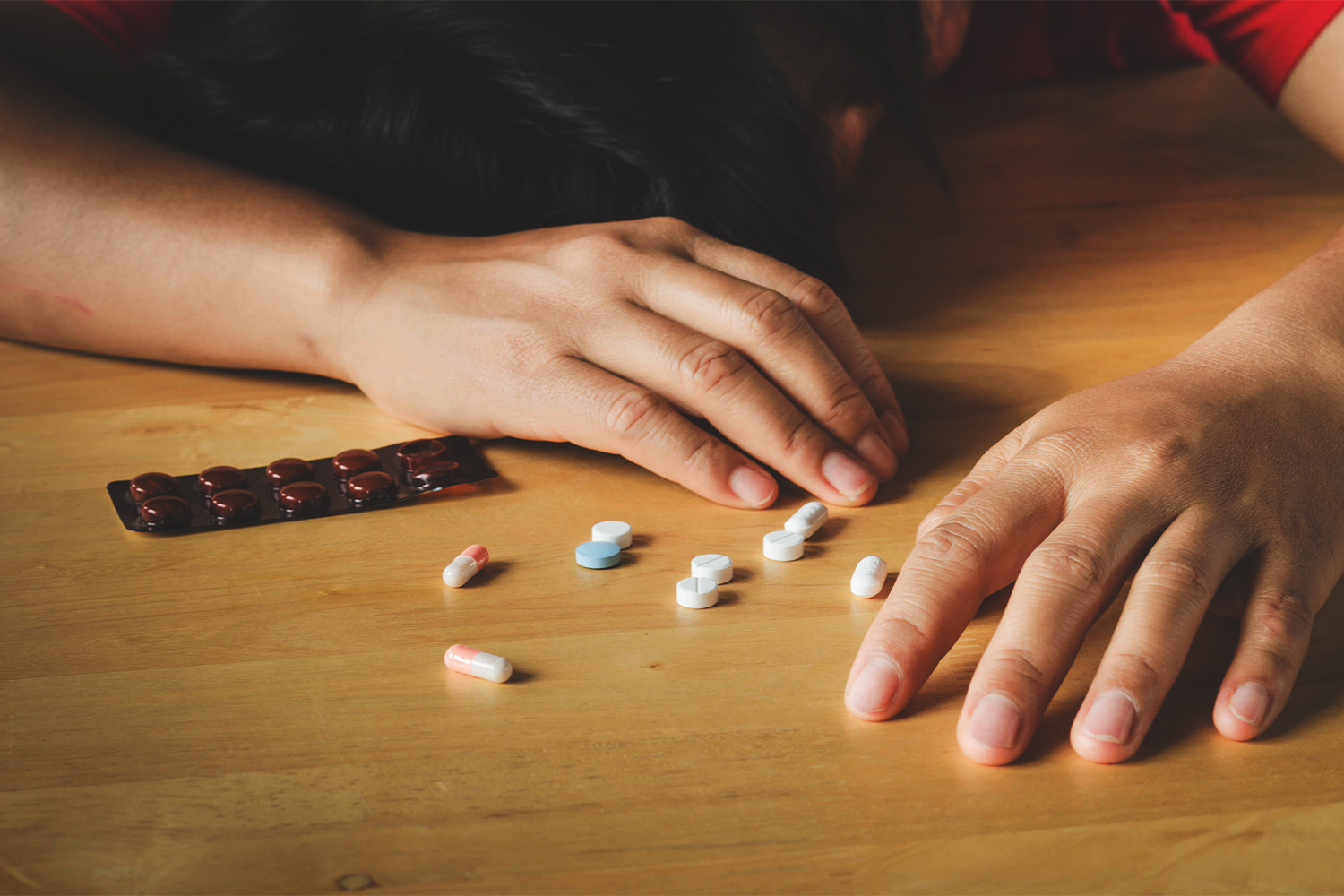No two people will ever have the same experience, which is true for people who struggle with substance abuse. You can’t expect that addiction treatment for one person will have the same impact on another person.
This is what makes substance abuse treatment so specific and unique; each treatment must be geared towards the individual to see positive outcomes. A good addiction recovery center will offer these specialized treatment plans and various therapies and activities to help you work toward recovery.
Not everyone in the same treatment facility is being treated for the same addiction. Some struggle with alcohol addiction, while others struggle with opioids. Many people can benefit from all that addiction recovery centers offer, but it comes down to the individual and their dedication to recovery.
If you or a loved one is struggling with addiction, consider entering a recovery center to get treatment. Keep reading to learn more about the success that can come from these programs when you’re dedicated and supported.
How Do You Measure a Treatment Program’s Success?
Everyone defines success in their own way. Each person will have their own set of individual goals they are reaching for in their recovery process.
Some people might want to work on cutting back on their usage and working on coping skills when put in triggering situations. Others might seek complete sobriety and access to sober living to build more sober friendships.
Success rates will not be very straightforward because measuring success is difficult. Additionally, it can be difficult to keep track of clients over the years to see how they are doing. Due to this, other matters can indicate how successful an accredited addiction recovery center might be.
Quality Treatment Services Matter
One of the most important indicators of success in a recovery center is the quality of care each client receives there. Success will mean something entirely personal for you, which means you want to find an addiction treatment center that has your best interests and goals in mind.
If you want to go to therapy and delve deep into your past and why you are where you are, you will want to find a place that takes mental health seriously and incorporates it into the dependency treatment process daily.
Having the option to participate in group therapy, receive medication-assisted treatment options, have access to evidence-based medical treatment, and be offered 24/7 inpatient care or outpatient services is essential.
Drug Rehab Doesn’t Always Mean Sobriety
Often it’s assumed that recovery is equal to sobriety or that the only goal of drug rehab is sobriety. This is not the case for everyone!
While most inpatient programs start with a total detox, there are recreational drugs like alcohol and marijuana that can often be used without developing an addiction. Drug addiction rehab might still be extremely beneficial if your goal is to limit your use, cut back some, and find new hobbies and avenues for happiness.
Better Coping Skills
Drug rehab programs can be really helpful as they prepare a person for the real world. Being in rehab can feel like a bubble: there are no drugs or alcohol to get access to, everyone is there to support you, and you may meet others in support groups who are struggling with the same things as you.
To succeed in the real world, you must develop coping skills to combat addiction. Saying “no” isn’t always as easy as you think, but there are ways to work towards staying sober or doing what’s best for you.
When you enter back into everyday life, you might come across people who are not a great influence in your life, situations that involve drugs or alcohol, or stressors that can disrupt your mental state. Coping skills learned in rehab can be used to fight back against the triggers and make the right choice a bit easier.
Personal growth
Another way to measure success is to note your personal growth. If you were someone who went out every night to the bars and then found that after rehab, you have no desire for that activity, that means that you’ve experienced growth in your addiction recovery process. These moments may seem small, but they mean everything when it comes to progress.
Personal growth is becoming aware of how you no longer crave substances, feel more confident being yourself in social settings, and find joy in safer and more wholesome activities. All of these moments result from what you’ve learned about yourself during addiction treatment and can be major milestones in your personal addiction treatment journey.
Mental and Physical Health Care
A goal of addiction treatment is to improve both your mental and physical health. Addiction can have a detrimental effect on the mind and body, so you might begin to see progress in your journey as your mental and physical health improve.
Though addiction recovery centers offer mental and physical health services, these are usually just the first steps. Therapy sessions can help you understand why you might be struggling with addiction, and improving your physical health can encourage you to fight back harder against addiction.
It’s not uncommon for individuals who enter residential treatment to receive a dual diagnosis for co-occurring disorders such as anxiety and depression. In this case, behavioral health therapy administered by licensed and qualified providers can be integral in inpatient care at the rehab center and outpatient aftercare.
All aspects of your body are connected and will influence your addiction, but you have to work every day to maintain this kind of success. Exercising daily and seeking mental health help after exiting a recovery center can prolong your success and motivate you to get better.
Relapses Happen
Relapses will happen, and are not to get discouraged by. The first time you enter an addiction treatment facility may not be the only time.
You might get treatment the first time that helps but doesn’t stick. Addiction is a difficult and scary disease to live with, and it can be very difficult to overcome all of the pressures of addiction treatment.
If you’re not ready to aim for sobriety, treatment centers are still a good place to get preliminary help that could benefit you in the future. You might learn how to work towards preventing relapses and ways to identify triggers. You might meet someone in rehab who you look up to and can reach out to them when you’re feeling down or like you might use.
It’s important to understand that relapses do not mean you are a failure and should give up on treatment. It just means that you’re one step closer to finally getting it.
Learn Ways To Prevent Them
Addiction treatment professionals are fully aware that addiction treatment doesn’t work overnight. Many people with addiction will struggle for years before they can become sober and enter into recovery. Treatment facilities will often teach you ways to prevent relapses before they even happen, knowing that they are very likely to occur,
Being embarrassed by a relapse will do nothing for you in the long run. Learning from it, asking for help, seeking treatment, and trying again is the best way to feel confident in your mission. Understanding your specific triggers and avoiding negative people in your life can eliminate the ability to relapse.
Surrounding yourself with like-minded individuals and people who want to ensure you are healthy and happy is another easy way to prevent relapses.
If you have a relapse, many recovery centers also have outpatient treatments that can help. And if you’re ever worried about relapsing, there are plenty of helplines you can call to receive support and encouragement from others in the community.
Find Support in Community
At recovery programs, you will likely meet others who have similar goals. They might be aiming to cut back on their use, enter into sober living, get into school or hold a job, or find other people to build a sober community with.
Drugs and alcohol have become so embedded into our culture that finding people who are not only okay with but also supportive of your sober lifestyle might not be so easy. In addiction recovery centers, you will likely build bonds with people seeking the same thing as you — a safe and happy lifestyle free from the shackles of addiction.
You can look to these people when you are struggling and who can help you continue to be successful after exiting treatment.
Get Help With Soba Recovery
If you can enter an addiction recovery center, you will want to build a community and better understand your mental psyche. You will learn to define your own version of success while in addiction recovery, and you should feel confident that you know what’s best for you.
Taking each day slow will only benefit your addiction recovery journey. Figure out what suits you, what you need to avoid, and how you can accomplish your goals, and you will understand just how difficult measuring success can be. It’s not something you can generalize, and it’s deeply personal to each individual who enters treatment.
At Soba Recovery Center in San Antonio, Texas, this kind of individual and specialized treatment is used to improve the chances of personal success. Not only do we do an in-depth intake process that helps us better understand your needs, but we constantly work with you to update them accordingly and keep you on track.
Reach out to a Soba representative today to better understand how a recovery center can work for you.
Sources:
Substance Misuse And Substance Use Disorders: Why Do They Matter In Healthcare? | NCBI
Assessing Success—A Commentary On The Necessity Of Outcomes Measures | NCBI
Focus: Addiction: Relapse Prevention And The Five Rules Of Recovery | NCBI

